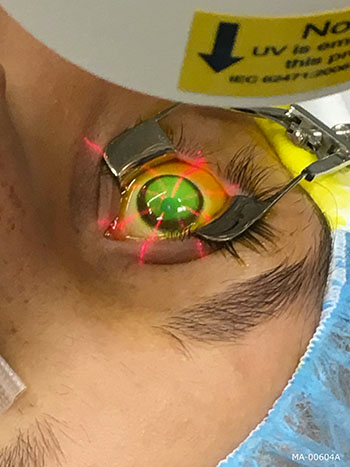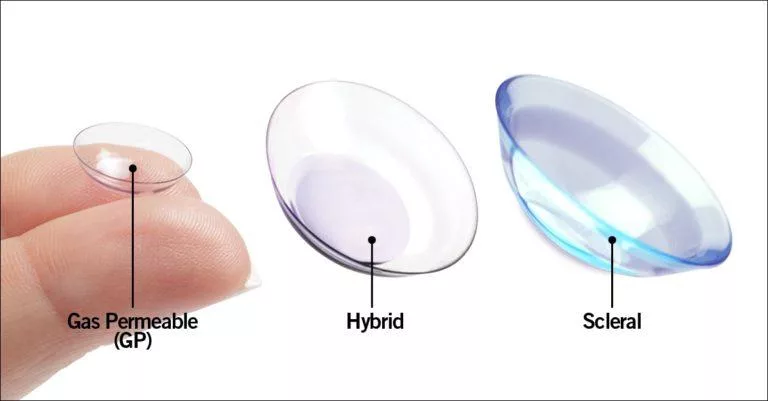Keratoconus Treatment
Surgeon Ophthalmologist Diakonis Vasilios, recognized as an expert by the National Keratoconus Foundation in the USA, and his team undertake both the diagnosis and surgical treatment of keratoconus, stabilizing disease progression and improving patient vision.
Written by

Diakonis Vasilios MD PhD
Surgeon OphthalmologistDirector, 2nd Ophthalmology Clinic
Metropolitan Hospital

Diagnosis & Preoperative Assessment of Keratoconus
Dr. Diakonis’ team offers a comprehensive ophthalmologic evaluation using state-of-the-art equipment to diagnose keratoconus. Based on patient history, test results, and clinical examination, the doctor advises if the patient requires corneal collagen cross-linking surgery to stabilize keratoconus.

Keratoconus Treatment (Corneal Cross-Linking)
Corneal collagen cross-linking lasts approximately 30 minutes, is a painless and bloodless procedure. Surgeon Diakonis Vasilios has extensive experience with keratoconus, and combined with the clinic’s advanced equipment, provides the patient with the best possible outcome.

After Keratoconus Treatment
The patient does not require hospitalization and returns home the same day, wearing a therapeutic contact lens. For 2-3 days post-surgery, the patient may experience eye pain, tearing, and photophobia. Vision becomes functional after a few days, while the patient continues using eye drops for several weeks post-surgery.
Improving Vision in Keratoconus Patients
The main goal of keratoconus surgery is stabilizing the disease rather than improving vision. Vision improvement in keratoconus patients is achieved through various visual aids, such as glasses, standard contact lenses, and specialized contact lenses. The process of improving vision in keratoconus patients is as important as stabilizing the disease, as it offers patients a better quality of life.

